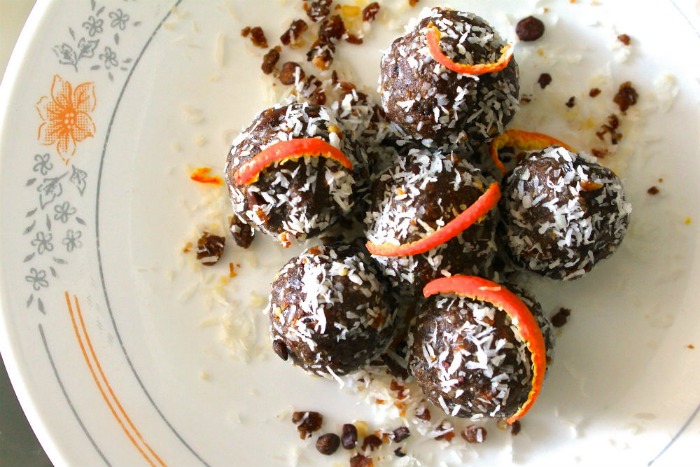
Amazing tricks for loosing the unwanted weight. I found an another useful content which is also important as like this one. You can check here: http://thegorillapit.com.au/
Thank you!
I am so frustrated with all the conflicting articles from the plant based gurus on one side and the animal based gurus on the other. They all claim to be superior and have their research and testimonials to back up their claims. So the rest of us are caught in limbo trying to make sense of it all.
Lj, thank you for your comment. Yes I understand. It can be confusing to make sense of it all. Personally I believe in a whole food plant based diet, and I think it works well for me as well as many I’ve seen. I’d trust your internal compass and try out different foods and see what feel right for you. You may also find https://nicolelana.com/weight-loss-study-interview-dr-christopher-gardner-part-1/ informative.
It’s a very good article, Lana, in terms of showing an understanding of the confusion I’ve described here, but believe me, at age 67 with a history of weight issues, I have spent a lifetime experimenting with all kinds of diets. I find the the low carb/high fat diets help me lose more weight more efficiently and steadily in the short term, and they keep me from getting hungry all day long, but eventually the carb cravings become overwhelming, and I wind up bingeing and giving up.
The plant based diets are tasty and healthy, but the greater insulin release continuously fuels my cravings for carbs that aren’t so healthy as well.
So I’m trying to find some common ground by embracing the best aspects of both approaches and the guidelines they both agree on by trying to avoid refined and processed foods– the fast foods, junk foods, the take-out garbage and pizza joints. I try to drink a lot of water and keep as active as possible.
I really have more of an eating disorder, i.e. food addiction issues as well as metabolic resistance, hypothyroidism, and other issues.
I have also started intermittent fasting with a 16/8 protocol to kind of limit the grazing and late night snacking habits.
I’ll keep trying! I’m still almost 100 pounds below my all time top weight which is an accomplishment in itself. Thanks for your help! LJ

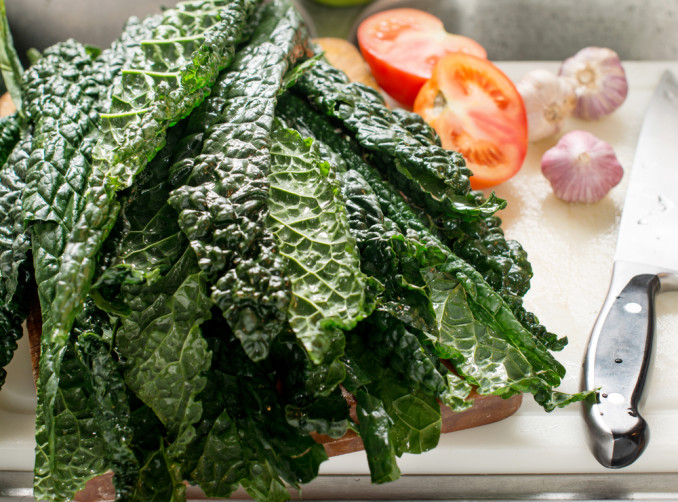
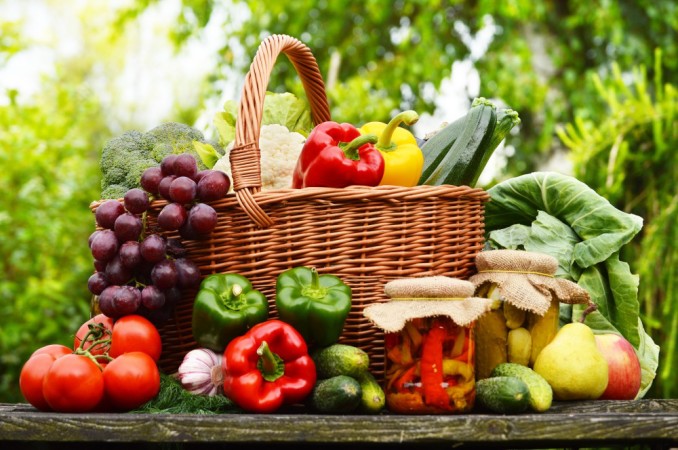
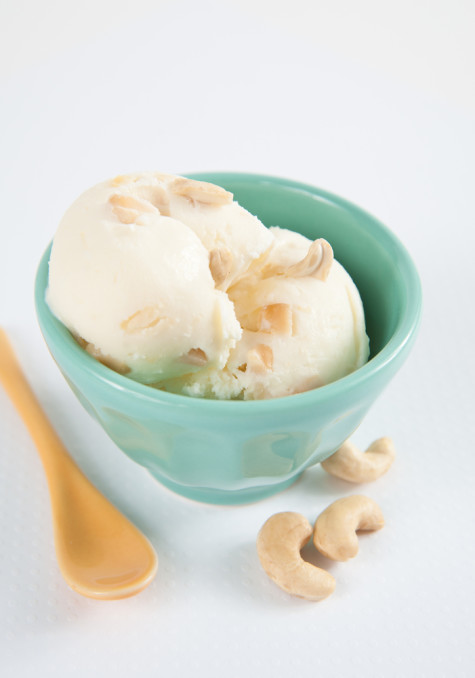
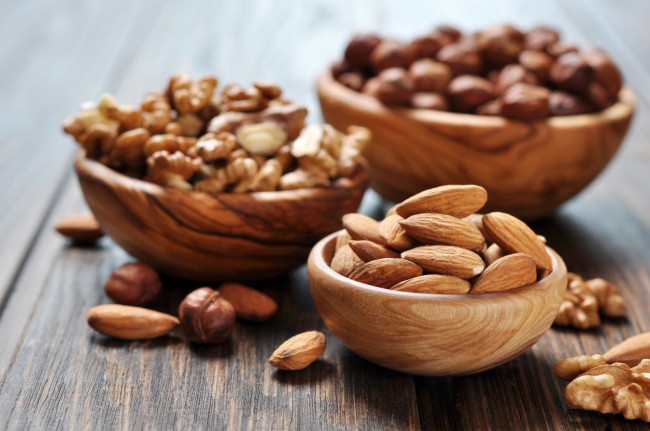

12 Comments
It’s easy to be a fat vegan, I’ve experimented with this lifestyle and put on weight period. I wasn’t eating any junk either; just lots of whole grains, vegetables & beans. I ate a small amount of nuts & avocado; no added oil to anything, wine limited to 2 glasses a week, and maybe 1 or 2 pieces of fruit a day. It’s extremely frustrating because the diet is so limited and it’s almost impossible to eat out with friends; and then I gained weight. I really have mixed feelings; the studies show that it is better for your health and the environment and it sickens me the way we treat chickens & cows in this country. Currently I limit my consumption of meat & fat, and have cut back on the carbs to keep the weight in a healthy range. Balance of nutrients seems to be the key for my body chemistry.
Debra, thank you for your comment. I can understand how frustrating it can be. If you go to https://nicolelana.com/weight-loss-study-interview-dr-christopher-gardner-part-1/ you may find this useful. Basically some people metabolise carbs better than fat vice versa, and you may want to determine which type you are.
This is another interesting article: http://www.drlwilson.com/articles/Oxidation%20Types%201104.htm
Have you experimented with eating more raw vegetables and fruit ? This may also help you.
Please keep us posted on your progress.